Table of Contents:
- The Importance of Healthy Eating
- Understanding Macros
- Micronutrients for Athletes
- Hydration Tips
- Meal Prep for Athletes
- Supplements for Performance
- Nutrition for Recovery
The Importance of Healthy Eating
Athletes need to eat healthy in order to perform at their best. A well-balanced diet provides the necessary fuel and nutrients for optimal performance.
Understanding Macros
Macronutrients, such as carbohydrates, proteins, and fats, are essential for athletes to meet their energy needs and support muscle recovery.
Understanding Macros in Sports Nutrition
To perform at their best, athletes need to fuel their bodies with the right nutrients, including a balanced mix of macronutrients. Macronutrients, or "macros," refer to the three main components of food: carbohydrates, protein, and fats.
Carbohydrates are the body's primary source of energy and are essential for fueling high-intensity activities. Protein is important for muscle repair and growth, making it crucial for athletes who undergo rigorous training. Fats provide a concentrated source of energy and play a role in hormone production and overall health.
Athletes must carefully balance their intake of these macros to meet their performance goals. This means consuming enough carbohydrates to sustain energy levels, adequate protein to support muscle recovery, and healthy fats for overall well-being.
By understanding the role of macros in sports nutrition and making informed choices about their diet, athletes can optimize their performance and reach their full potential. Eating a healthy, balanced diet rich in macros is essential for achieving success on and off the field.
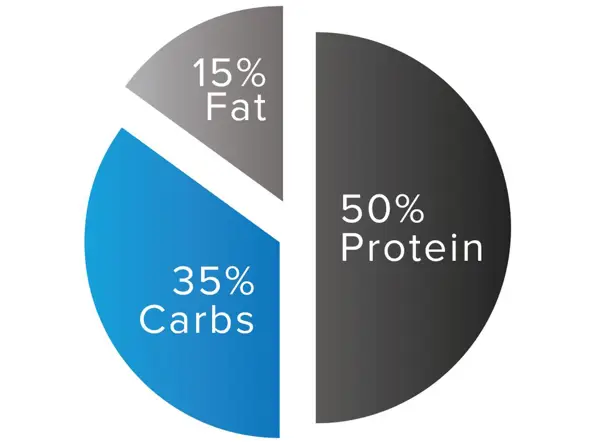
Micronutrients for Athletes
Vitamins and minerals play a crucial role in supporting immune function, energy metabolism, and overall health in athletes.
In order to perform at their best, athletes need to pay special attention to their diet, making sure they are getting all the necessary nutrients to fuel their bodies. Micronutrients, such as vitamins and minerals, play a crucial role in supporting an athlete's overall health and performance.
Micronutrients help to regulate energy production, maintain proper immune function, and aid in muscle recovery and repair. Without an adequate intake of these essential nutrients, athletes may experience fatigue, poor performance, and an increased risk of injury.
Athletes can ensure they are getting enough micronutrients by consuming a well-balanced diet rich in fruits, vegetables, whole grains, lean proteins, and dairy products. Supplements may also be recommended in certain cases, but it is important to consult with a healthcare professional before adding any new supplements to your routine.
In do athletes need to eat healthy in order to maintain their performance levels and overall well-being. By paying attention to their micronutrient intake, athletes can support their bodies in reaching their full potential.
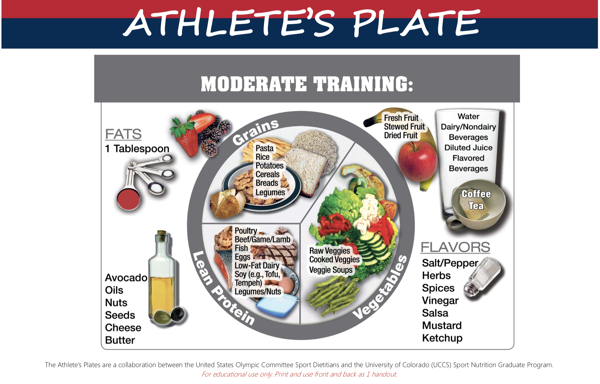
Hydration Tips
Proper hydration is key for athletes to maintain performance and prevent dehydration. Drinking enough water and electrolyte-rich beverages is essential.
Athletes need to eat healthy in order to perform at their best. One crucial aspect of staying healthy is staying properly hydrated. Here are some hydration tips for athletes:
- Drink plenty of water throughout the day, especially before, during, and after exercise.
- Avoid sugary drinks and opt for water or sports drinks with electrolytes to replenish lost fluids.
- Monitor your urine color – it should be light yellow to indicate proper hydration.
- Stay ahead of thirst – by the time you feel thirsty, you may already be dehydrated.
- Consider your individual hydration needs based on factors such as body weight, sweat rate, and climate.
- Remember that proper hydration is key for optimal performance, recovery, and overall health.
By following these hydration tips, athletes can ensure they are properly fueled and ready to tackle any workout or competition that comes their way.

Meal Prep for Athletes
Meal prepping allows athletes to plan and prepare nutritious meals ahead of time, ensuring they have access to healthy food when training or competing.
To perform at their best, athletes need to fuel their bodies with the right nutrients. Meal prepping is a convenient way for athletes to ensure they are eating healthy and meeting their nutritional needs. By preparing meals in advance, athletes can control their portions, avoid unhealthy options, and stay on track with their diet. Planning and prepping meals ahead of time can also save athletes time and money, allowing them to focus on training and recovery. Eating healthy, balanced meals is essential for athletes to maintain their energy levels, support their muscles, and recover from intense workouts. In conclusion, meal prepping is a crucial component of an athlete's nutrition plan and can help them achieve their performance goals.

Supplements for Performance
Sport-specific supplements can be beneficial for athletes looking to enhance their performance, but they should be used in conjunction with a balanced diet.
Athletes require a balance of proper nutrition, hydration, and supplements to enhance their performance. Eating a healthy diet is crucial for fueling the body and optimizing athletic performance. In addition to eating well-balanced meals, athletes may also benefit from incorporating supplements into their regimen.
Supplements can provide additional nutrients and boost energy levels, leading to improved performance and recovery. Some common supplements for athletes include protein powders, creatine, branched-chain amino acids (BCAAs), and electrolyte drinks. These supplements can help athletes meet their nutritional needs and support their training and competition goals.
It is important for athletes to consult with a healthcare professional or registered dietitian before adding supplements to their diet, as they may interact with medications or have adverse effects if taken in excess. By combining a healthy diet with appropriate supplements, athletes can optimize their performance and reach their full potential in their respective sports.
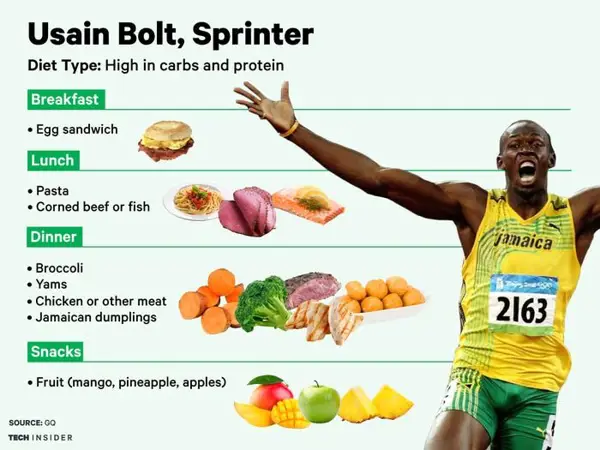
Nutrition for Recovery
Post-exercise nutrition plays a crucial role in supporting muscle recovery and reducing inflammation. Including protein and carbohydrates in recovery meals is essential.
Nutrition is a key component in the recovery process for athletes. Consuming a healthy diet plays a vital role in replenishing energy stores, repairing muscles, and boosting overall performance. To ensure optimal recovery, athletes need to eat a well-balanced diet that includes a mix of carbohydrates, proteins, fats, vitamins, and minerals. Additionally, staying hydrated is essential for maintaining proper bodily functions and aiding in the recovery process. By fueling their bodies with the right nutrients, athletes can expedite their recovery time, reduce the risk of injury, and enhance their athletic performance. Remember, food is fuel - so choose wisely!
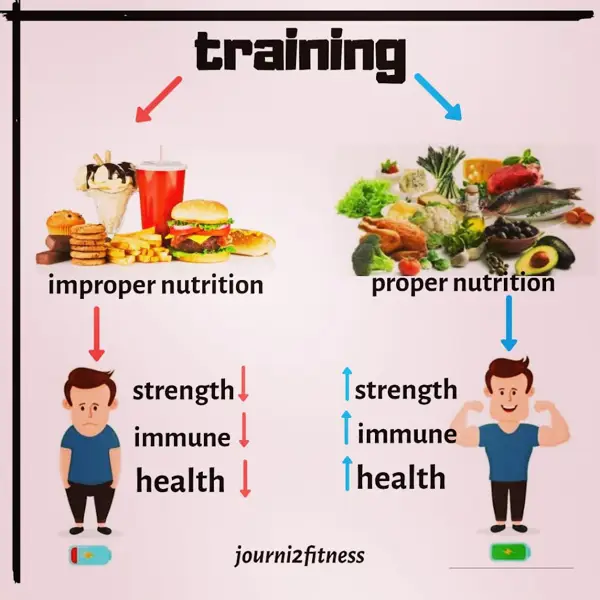
Key Takeaways
- A well-balanced diet is essential for athletes to perform at their best.
- Macronutrients and micronutrients play a key role in supporting athletic performance.
- Proper hydration is essential for maintaining performance and preventing dehydration.
- Meal prepping can help athletes stay on track with their nutrition goals.
- Supplements should be used in conjunction with a balanced diet for optimal performance.
- Nutrition for recovery is crucial in supporting muscle repair and reducing inflammation.
FAQ
Q: Can athletes eat junk food occasionally?
A: While occasional indulgence is okay, athletes should prioritize nutrient-dense foods for optimal performance.
Q: How much water should athletes drink during exercise?
A: Athletes should aim to drink 7-10 ounces of water every 10-20 minutes during exercise to stay hydrated.
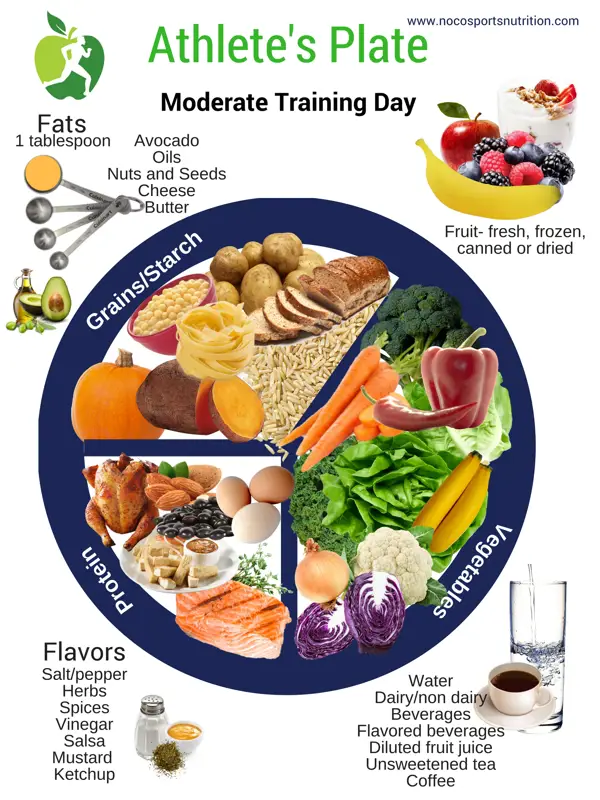


Recent Comments